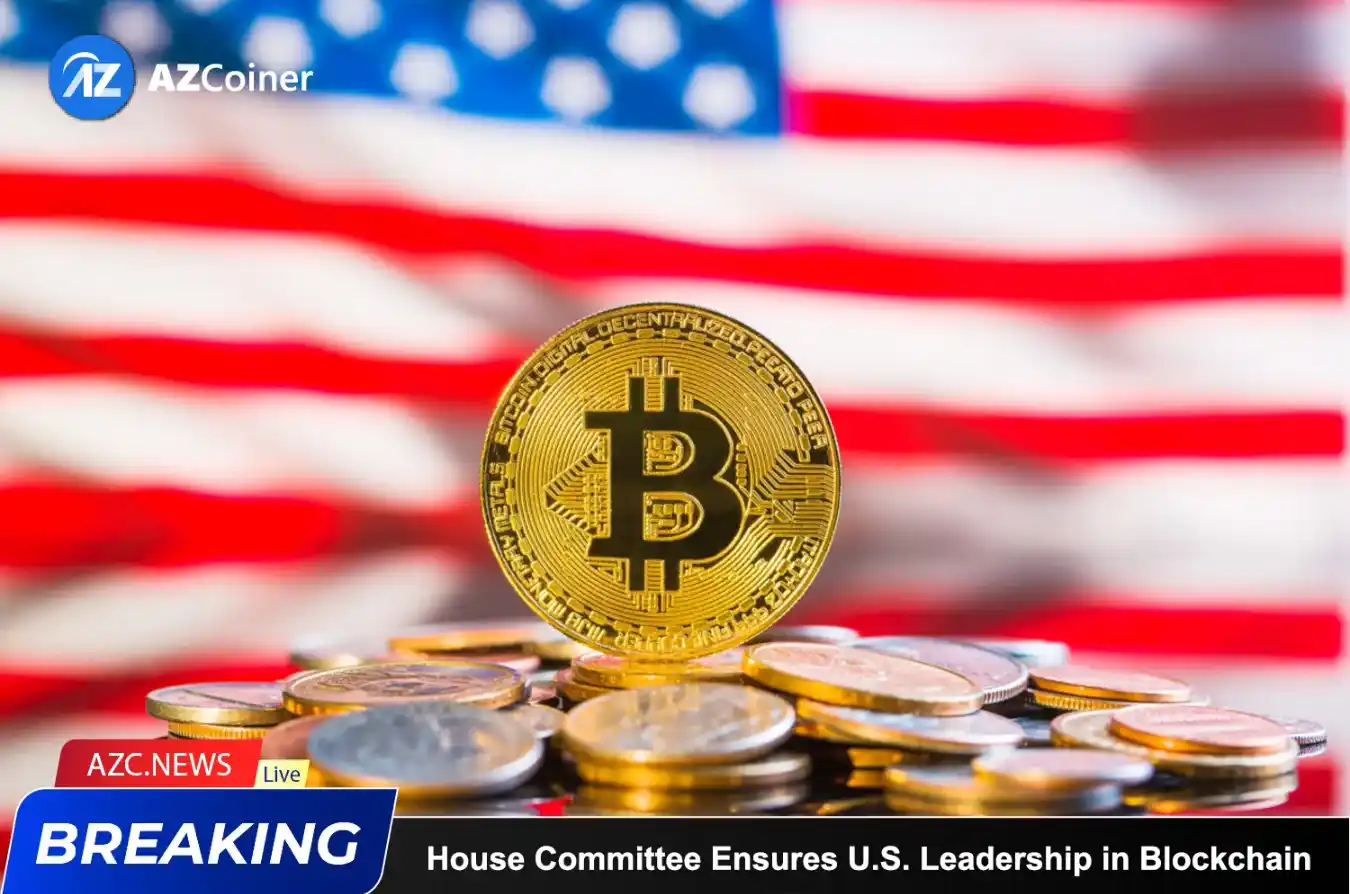The House Committee on Energy and Commerce has unanimously approved a forward-thinking bill aimed at bolstering the United States’ prominence in the realm of blockchain technology. The legislation, known as H.R. 6572 or the Deploying American Blockchains Act of 2023, received resounding support with a 46-0 vote during a comprehensive session addressing a total of 44 legislative initiatives on December 5.
This 13-page pro-blockchain bill outlines a strategic directive for the U.S. commerce secretary, Gina Raimondo. Specifically, it mandates Raimondo to undertake “actions necessary and appropriate” to enhance the competitiveness of the United States concerning the deployment, utilization, application, and overall competitiveness of blockchain technology and other distributed ledger technologies.
Cody Carbone, the head of policy at the Chamber of Digital Commerce, expressed his appreciation for the committee’s decision via Twitter, highlighting the bill’s potential to “preserve U.S. leadership in blockchain development,” a critical necessity in the current landscape.
Even before the bill’s unanimous approval, Kristin Smith, CEO of the Blockchain Association, lauded its proactive approach, noting that it “rightfully advances our nation’s competitiveness in this nascent space.” The bill stands as part of a broader congressional effort to propel the widespread adoption and integration of blockchain technology throughout the country.
If enacted, the comprehensive bill outlines a range of responsibilities for the commerce secretary, encompassing the formulation of best practices, policies, and recommendations applicable to both the public and private sectors engaged in utilizing blockchain technology.
A pivotal component of the legislation involves the establishment of a “Blockchain Deployment Program” dedicated to supporting the widespread application of this technology. This program would concurrently institute government advisory committees, featuring representatives from federal agencies, blockchain industry stakeholders, experts, and other pertinent stakeholders.
Furthermore, the bill aims to promote blockchain leadership on a national scale, enhancing coordination among federal agencies interested in integrating blockchain technology. In-depth studies will be conducted to assess the current utilization of blockchain by federal agencies and gauge their readiness to embrace this technology in the future.
Related: FTX Deposits 22 Million Crypto Assets onto Exchanges
Despite being part of a cohort of approximately 50 pro-crypto bills circulating in Congress since 2022, this particular legislation does not appear to carry the same potentially transformative weight as prominent counterparts like the Financial Innovation and Technology for the 21st Century Act. The latter addresses critical issues such as the classification of cryptocurrencies as commodities or securities, thereby clarifying regulatory jurisdictions.
The bill is now slated for consideration in the House, where it will undergo a vote. Subsequently, if approved, the legislative journey continues through the Senate, culminating in the crucial steps of final Congressional evaluation and potential presidential approval.







